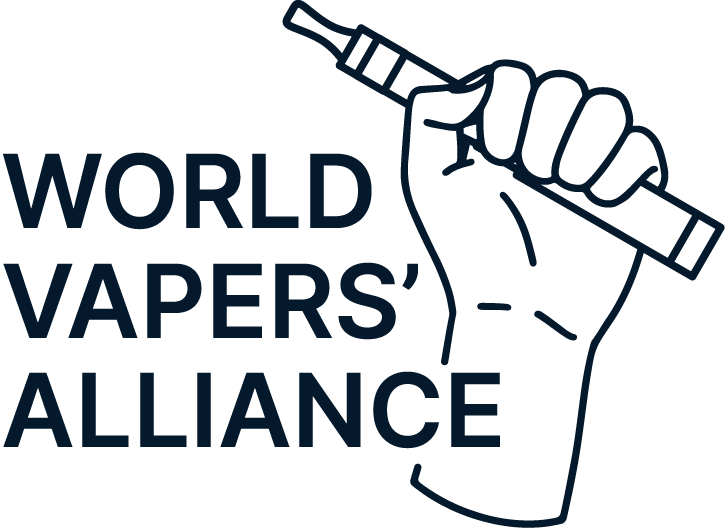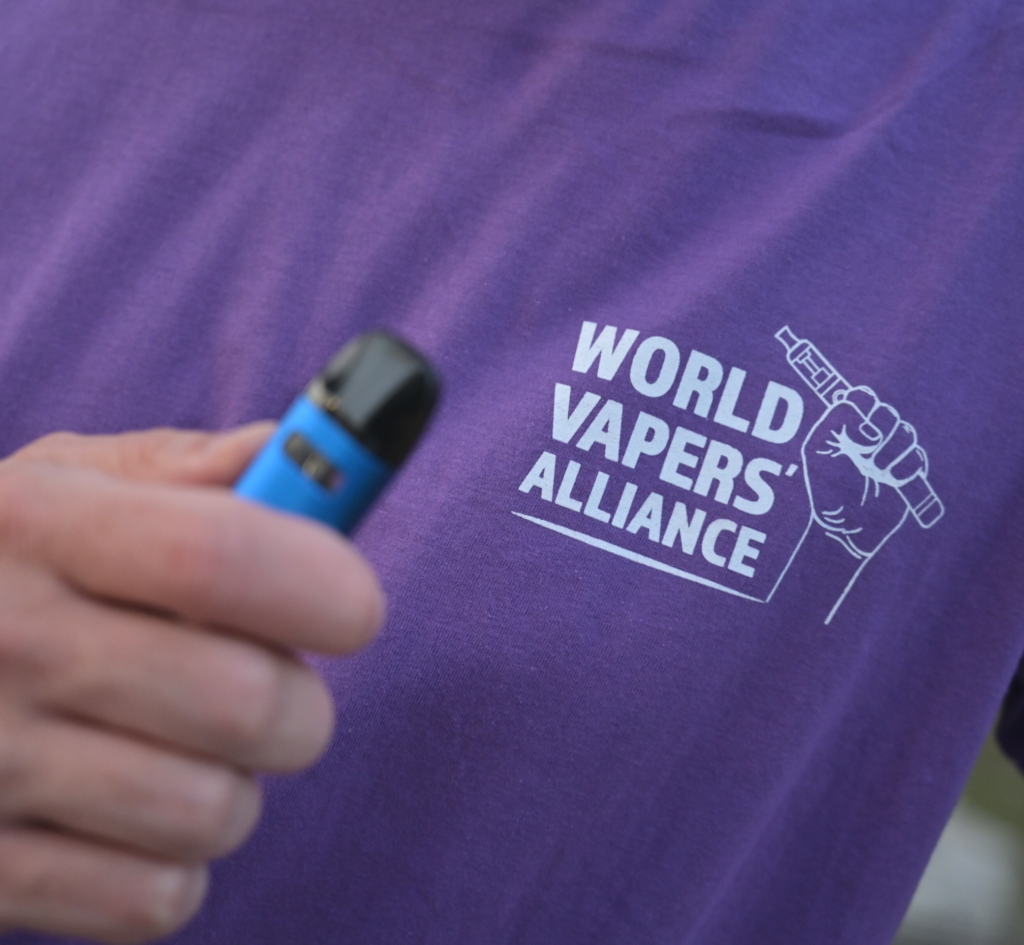Kif Tieħu Azzjoni Meta s-Saħħa Pubblika Tinjora l-Evidenza Xjentifika
Meta l-awtoritajiet jew l-istituzzjonijiet tas-saħħa pubblika jidhru li qed jinjoraw l-evidenza xjentifika jew qed jonqsu milli jindirizzaw it-tħassib dwar is-saħħa pubblika b'mod adegwat, dan jista' jkun frustranti u ta' sfida. Hawn huma xi passi li tista' tikkunsidra li tieħu biex tindirizza din il-kwistjoni:
- Avukat għat-Trasparenza u r-Responsabbiltà:
- Eżiġi trasparenza fil-proċess tat-teħid tad-deċiżjonijiet u itlob aċċess għad-dejta u l-evidenza li tinforma d-deċiżjonijiet dwar is-saħħa pubblika.
- Ħeġġeġ lill-uffiċjali tas-saħħa pubblika biex jispjegaw ir-raġunament tagħhom u l-bażi għar-rakkomandazzjonijiet tagħhom lill-pubbliku.
- Involvi ruħek f'Diskors Ċivili:
- Iftaħ linji ta' komunikazzjoni ma' uffiċjali tas-saħħa pubblika, organizzazzjonijiet, jew aġenziji tal-gvern.
- Esprimi t-tħassib tiegħek b'edukazzjoni u rispett, aqsam riċerka xjentifika, u staqsi mistoqsijiet biex tifhem il-perspettiva tagħhom.
- Mobilizza l-Opinjoni Pubblika:
- Żid kuxjenza fil-komunità tiegħek u fuq il-midja soċjali dwar il-kwistjonijiet li qed jinkwetak dwarhom.
- Eduka lill-pubbliku dwar l-evidenza xjentifika rilevanti u l-implikazzjonijiet tagħha.
- Gruppi ta' Avukatura b'Ingranaġġ:
- Naħdmu ma' Esperti:
- Ikkollabora ma' xjentisti, riċerkaturi, u esperti li jistgħu jgħinuk tiġbor u tippreżenta evidenza xjentifika biex tappoġġja l-pożizzjoni tiegħek.
- Ikkunsidra li tikteb ittri jew petizzjonijiet bl-approvazzjoni ta' esperti.
- Sensibilizzazzjoni tal-Midja:
- Involvi ruħek mal-ġurnalisti u l-aġenziji tal-midja biex tiġbed l-attenzjoni lejn il-kwistjoni.
- Ikteb op-eds, ittri lill-editur, jew idher fuq programmi rilevanti biex tiddiskuti x-xjenza u t-tħassib tiegħek.
- Azzjoni Legali:
- F'każijiet estremi, azzjoni legali tista' tkun għażla. Tista' tikkonsulta ma' esperti legali biex tesplora jekk hemmx raġunijiet għal sfidi legali.
- Avukat għal Bidla fil-Politika:
- Involvi ruħek ma' dawk li jfasslu l-politika lokali, statali jew federali biex tappoġġja bidliet fil-politiki tas-saħħa pubblika jew biex toħloq oħrajn ġodda bbażati fuq evidenza xjentifika.
- Appoġġ għar-Riċerka u l-Ġbir tad-Dejta:
- Jekk temmen li hemm vojt fir-riċerka jew fil-ġbir tad-dejta li qed ifixkel it-teħid ta' deċiżjonijiet infurmati, appoġġja jew ippromwovi inizjattivi biex jiġu indirizzati dawn il-lakuni.
- Ivvota u Ipparteċipa fl-Elezzjonijiet:
- Uża d-dritt tiegħek li tivvota u inkoraġġixxi lil oħrajn biex jagħmlu l-istess biex jeleġġu uffiċjali li jipprijoritizzaw politiki tas-saħħa pubblika bbażati fuq ix-xjenza.
- Paċenzja u Persistenza:
- Il-bidla tista’ tkun bil-mod, u d-deċiżjonijiet dwar is-saħħa pubblika jistgħu jiġu influwenzati minn ħafna fatturi. Kun persistenti fl-isforzi tiegħek u kompli imbotta għall-bidla.
Huwa essenzjali li wieħed jaffronta din is-sitwazzjoni b'paċenzja u impenn għal djalogu kostruttiv. Żomm f'moħħok li d-deċiżjonijiet dwar is-saħħa pubblika ħafna drabi huma kumplessi, influwenzati minn diversi fatturi, u jistgħu jinvolvu kompromessi diffiċli. L-appoġġ għal deċiżjonijiet ibbażati fuq ix-xjenza huwa kruċjali, l-appoġġ huwa essenzjali biex titrawwem bidla pożittiva. L-appoġġ iżomm lill-gvernijiet u istituzzjonijiet oħra responsabbli għall-azzjonijiet tagħhom. Jgħin biex jitfa' dawl fuq prattiki mhux etiċi jew ta' ħsara, u dan iwassal għal aktar trasparenza u responsabbiltà.
Jekk tpejjep is-sigaretti elettroniċi, agħti parir.
Ċaħda ta' Responsabbiltà: L-opinjonijiet u l-fehmiet espressi fil-postijiet tal-mistednin ippubblikati fuq il-websajt tal-World Vapers' Alliance huma dawk tal-awturi individwali u mhux neċessarjament jirrappreżentaw il-fehmiet jew il-pożizzjonijiet tal-World Vapers' Alliance jew l-affiljati tagħha. Il-pubblikazzjoni ta' kontenut ta' partijiet terzi ma tikkostitwixxix approvazzjoni mill-WVA tal-fehmiet espressi fih.








2 Tweġibiet